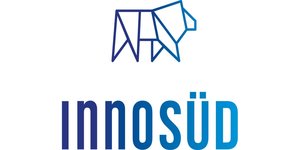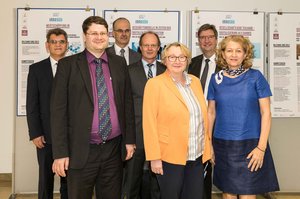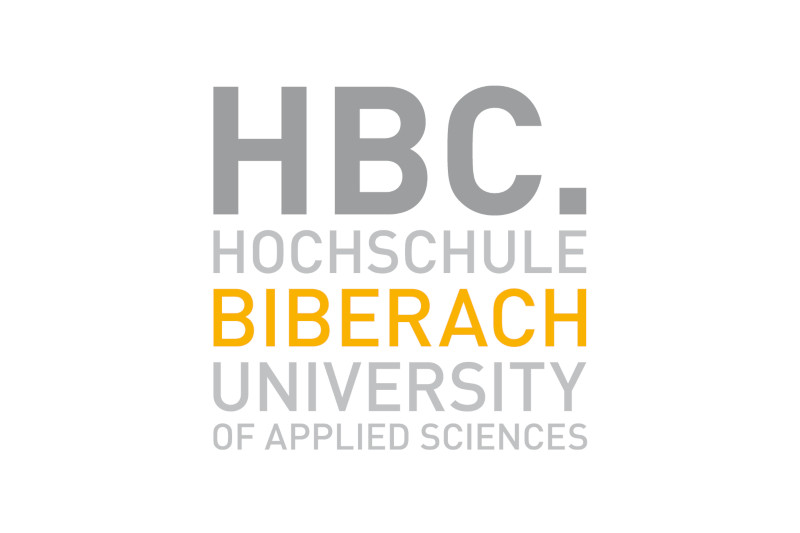InnoSÜD: Four Universities, One Association
InnoSÜD is an association comprised of the following universities:
- Biberach University of Applied Sciences
- Neu-Ulm University of Applied Sciences
- Ulm Technical University of Applied Sciences
- Ulm University
A long-term dialogue between science, industry and society is the main aim of the InnoSÜD university association.
Point of Contact for Companies, Politics and Society
The goal of the InnoSÜD university association is to enable sustainable dialogue between science, industry and society, applying innovative transfer formats.
As part of the federal-state initiative ‘Innovative University of Applied Sciences’ Biberach and Neu-Ulm Universities of Applied Sciences, Ulm University of Technology, Ulm University and the TriCAT company have joined forces within the association. Together, they are creating a dynamic innovation system that will (in the short term) position the Donau-Iller-Riss area as a link between the metropolitan regions of Stuttgart and Munich among Europe's most competitive and innovative regions.
The focus is on the topics health & biotechnology, transformation management, energy and mobility since these are very important for the region. The German Federal Ministry of Education and Research is funding the project for five years.

Innovation Transfer

When it comes to InnoSÜD’s health and biotechnology approaches, scientists are working on finding solutions for future-oriented health and care programmes, environmental technologies, renewable energy and resource efficiency issues.
At the interface of these areas, the Biberach University of Applied Sciences, in partnership with Ulm University, researches innovations in pharmaceutical and industrial biotechnology. The two partner universities offer ideal conditions for bringing the transfer of new products and procedures into practice. State-of-the-art laboratories including a scaling lab are available.
As a member of the BioPharma Cluster South Germany, the two cooperating universities are embedded in a coalition of biopharmaceutical companies and regional municipal partners.
For the subject area health & biotechnology, there are currently six projects in place focusing on:
- Next Generation Process Technologies:
A technology platform for developing methods and implementing new and innovative process formats in pharmaceutical biotechnology. Through partnerships with local industrial and academic associates, the open lab format transforms applied research and technology into industrial practice. - Scaling Laboratory:
The scaling laboratory develops sustainable processes for the material utilisation of liquid and gaseous waste and side streams of the bio-economic industry. These processes are energetically optimised and the resulting additional products are qualitatively validated. With experimentally examined and parallel modelled reference processes and their scaling, this project creates reliable transfer benefits for companies, promoting the transition from applied research into industrial implementation. - Trialog Drug Delivery & Medical Engineering:
Trialog describes the development of a platform for fact-based dialogue between different interest groups meeting at eye level. Through this think tank, representatives from science, pharmaceutical companies, medicine and patients come together to develop user-driven innovations by consensus. - Viral Vector Core Facility:
The Viral Vector Core Facility is a cooperative development laboratory in the field of advanced therapy medicinal products (ATMPs). By building this laboratory infrastructure with methods and protocols for production, the purification and qualitative controls of viral vectors are being optimised and newly developed in collaboration with scientific and industrial partners. - Application-Oriented Promotions in Biomedicine:
This "transfer via heads" format promotes knowledge and technology transfer through cooperative doctoral projects in the biomedicine sector. - Spin-Off Mentor:
This project’s goal is to establish an ecosystem of entrepreneurship and foundation that the university association can utilise at Ulm University. Dr. Birgit Stelzer and her team are the link between research results, new technologies and entrepreneurial concepts. The mentors support the start-up culture both through advice and coaching services as well as through the development and establishment of regional event formats in the area of entrepreneurship/start-up awareness and start-up support.
Transformation Management
Transformation management enables companies and organisations to successfully manage ever-changing environments. One focus is on breaking up the functional division of labour along the value chain of companies to get the most out of potential innovation.
The universities of applied sciences in the German cities of Biberach and Neu-Ulm cover key areas in terms of corporate structures. From business models to training and further education of employees to production, logistics, sales and marketing.
Digitization, resource management or demographic changes and their effects are current challenges that the two universities are dealing with under the responsibility of Neu-Ulm University of Applied Sciences.


![[Translate to "EN"] [Translate to "EN"]](/fileadmin/user_upload/assets/3-1_boehringer_ingelheim_university_biocenter_bui/xUni_ulm_logo.png.pagespeed.ic.9xPYxCEpY5.png)
![[Translate to "EN"] [Translate to "EN"]](/fileadmin/user_upload/assets/3-1_boehringer_ingelheim_university_biocenter_bui/xpeptid_synthesizer_59f043ae34.jpg.pagespeed.ic.7ijnEjoj37.jpg)